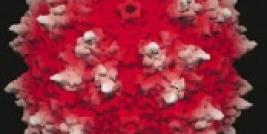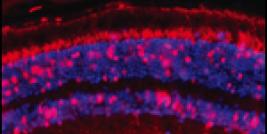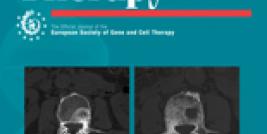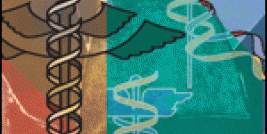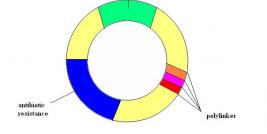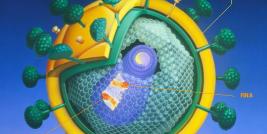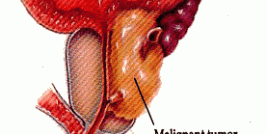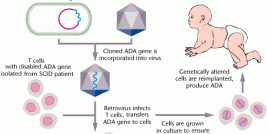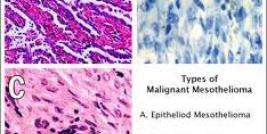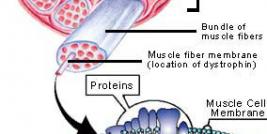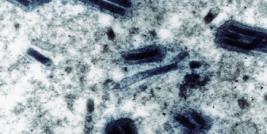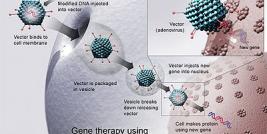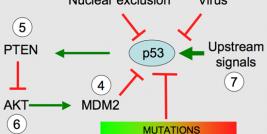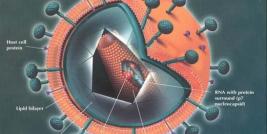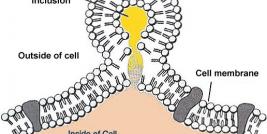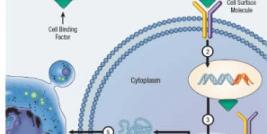
Researchers found inserting genetic material into intestinal cells to fix the disorder causing cystic fibrosis was effective in human cell cultures and mice, according to a new study.
Cystic fibrosis, which has no cure, is caused by mutations of the CFTR gene. The mutations cause cell proteins that channel chloride ions and water out of cells to malfunction, leading to the build-up of thick mucus that can clog airways or the gastrointestinal tract.
While the treatment was successful in the lab, researchers sought to caution excitement over a potential cure for the disease because of similar previous research successes, as well as the new therapy method not yet being tried in "actual human beings."
"Previous studies suggested that the treatment is safe, but largely ineffective for cystic fibrosis patients," said Dr. Zeger Debyser, a researcher at KU Leuven, said in a press release. "However, as gene therapy has recently proven successful for disorders such as haemophilia and congenital blindness, we wanted to re-examine its potential for cystic fibrosis"
Researchers loaded proper copies of the CFTR gene in the genome of an adeno-associated virus, or AAV, vector as a method of delivering the genetic correction to cells in the intestine. AAV was chosen because although it infects humans, the virus does not cause illness beyond a slight immune response.
In cells taken from cystic fibrosis patients, the rAAV vector restored chloride and fluid transport. The researchers then gave mice with cystic fibrosis the rAAV treatment, finding reductions in mucus and recovery from their disease-caused condition.
"We must not give CF patients false hope," Debyser said. "Developing a treatment based on gene therapy will take years of work. For one thing, our study did not involve actual human beings, only mice and patient-derived cell cultures. Furthermore, we still have to examine how long the therapy works. Repeated doses might be necessary. But gene therapy clearly is a promising candidate for further research towards a cure for cystic fibrosis".

